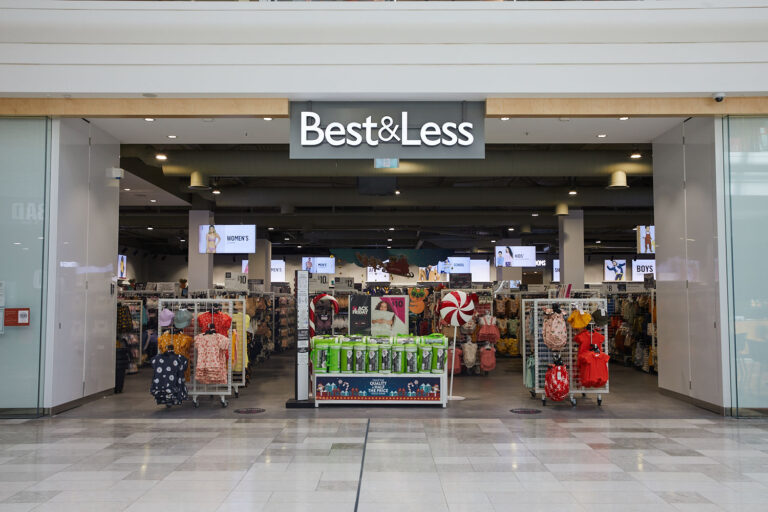Best&Less, an Australian clothing brand, has been criticized for refusing to sign the International Accord, an industry-standard mechanism that covers workplace safety for garment workers in Bangladesh.
This decision comes just before the 10-year anniversary of the Rana Plaza building collapse in Dhaka, Bangladesh. The disaster claimed the lives of 1,132 garment workers, mostly women, and injured 2,500 more.
The International Accord was established in response to the Rana Plaza tragedy and has been signed by many Australian clothing brands. The Accord ensures safe workplaces for Bangladeshi garment workers and has conducted almost 56,000 inspections across 2,400 garment factories in Bangladesh since its inception. The Accord identified 170,000 health and safety issues, with 91% of those successfully remediated. The inspections and safety repairs are funded by brands that have signed up to the Accord.
Despite the Accord’s success, Best&Less, which has 20 factories in Bangladesh, representing 25% of its global sourcing, has declined to sign the Accord. Tamazer Ahmed, Women’s Rights Manager at ActionAid Bangladesh, stated that Best&Less signing on to the Accord is a vital step towards preventing another Rana Plaza disaster. The ready-made garment sector employs over two and a half million women and represents 80% of Bangladesh’s exports.
ActionAid’s recent research involving 200 survivors of the Rana Plaza disaster showed that more than half of survivors are currently unemployed, primarily due to physical health issues. Over a third of survivors reported struggling with back pain, while a quarter experienced headaches. More than half of those who still feel traumatized live in fear due to their experience of the building collapse.
Michelle Higelin, ActionAid Australia Executive Director, emphasized Best&Less’s responsibility to prioritize the safety of women garment workers over profit, stating that the brand needs to financially contribute to safety improvements across factories in its supply chain. Best&Less’s decision not to sign the Accord contradicts the industry’s general trend towards prioritizing the safety of garment workers.
On the 10th anniversary of the Rana Plaza building collapse, ActionAid called on Best&Less to sign the International Accord and prioritize the safety of women garment workers over company profits. By refusing to sign the Accord, Best&Less is out of step with the rest of the industry and not living up to its ethical and corporate responsibility.
Love Music?
Get your daily dose of metal, rock, indie, pop, and everything else in between.
In conclusion, Best&Less has faced criticism for refusing to sign the International Accord, which ensures safe workplaces for Bangladeshi garment workers. Despite the Accord’s success in improving safety conditions in the garment sector, Best&Less has declined to sign the Accord, despite having 20 factories in Bangladesh. ActionAid has called on Best&Less to prioritize the safety of women garment workers over company profits and sign the Accord, as the industy trend is towards prioritizing worker safety.
The writer used AI tools to publish part of this article. The Brag Media relies on journalists to fact check & edit all articles regardless of any AI tools used.


































